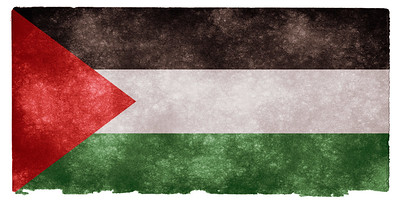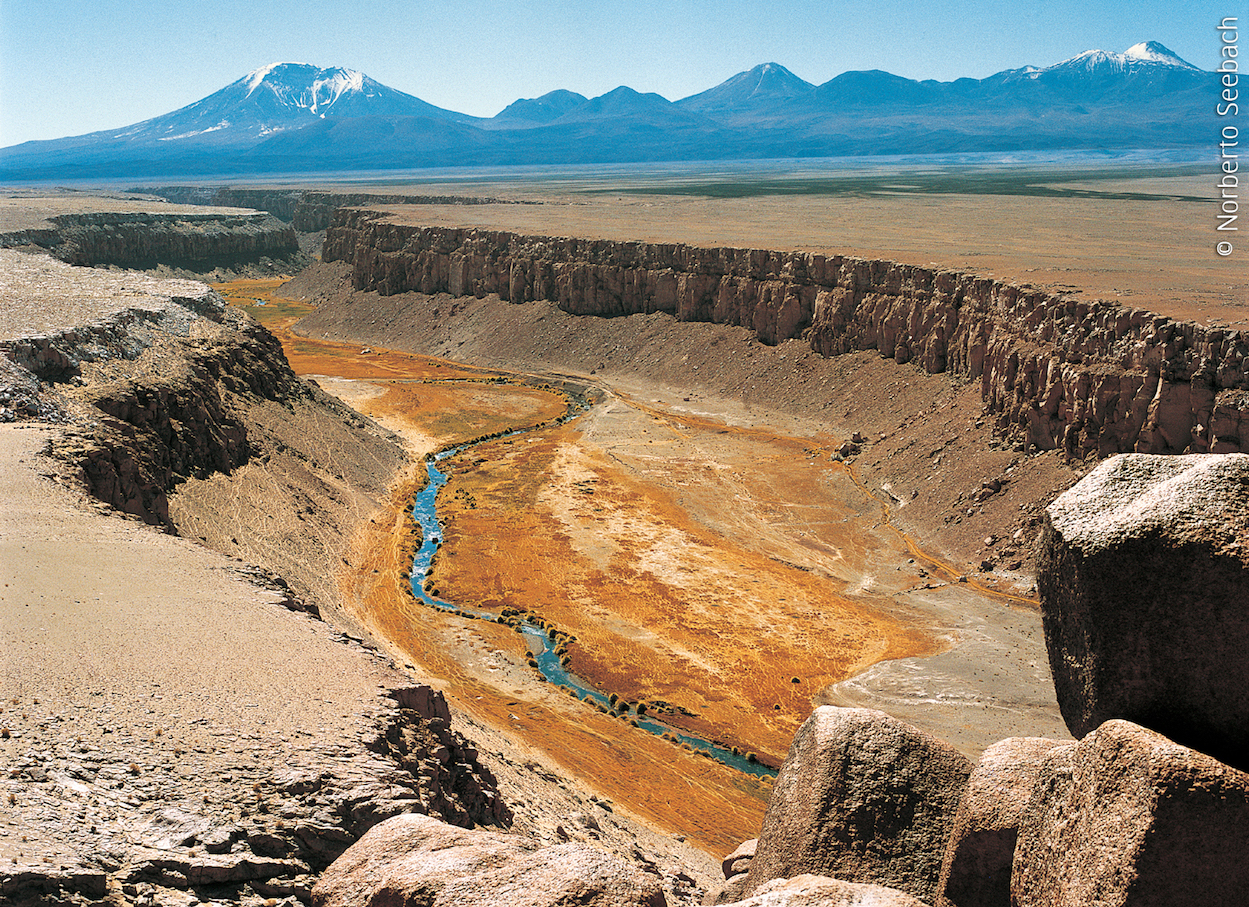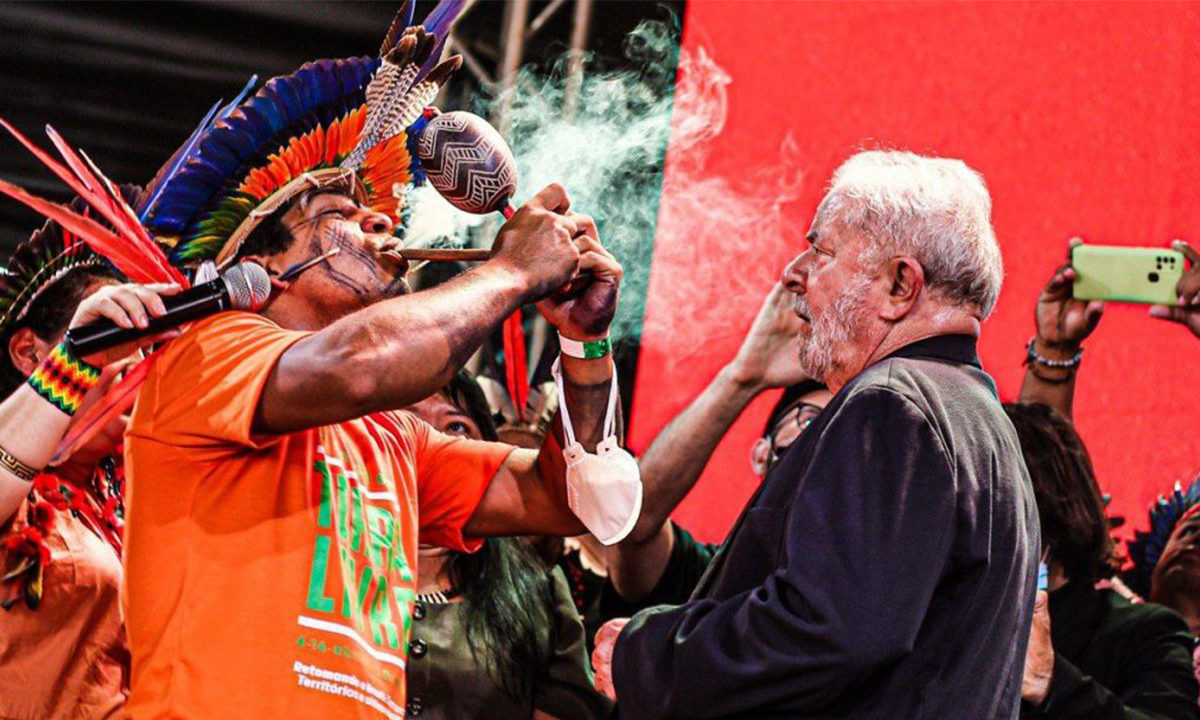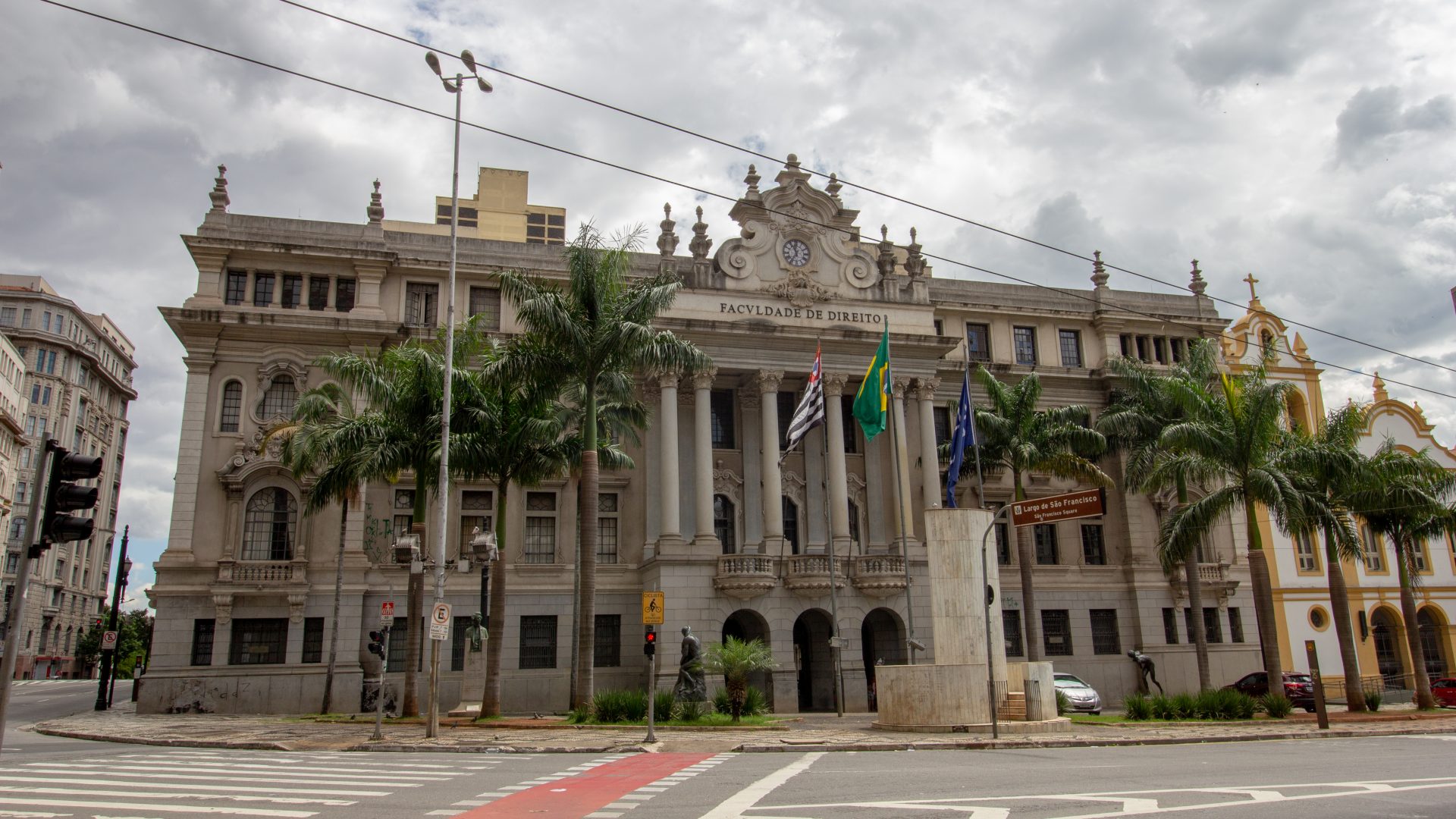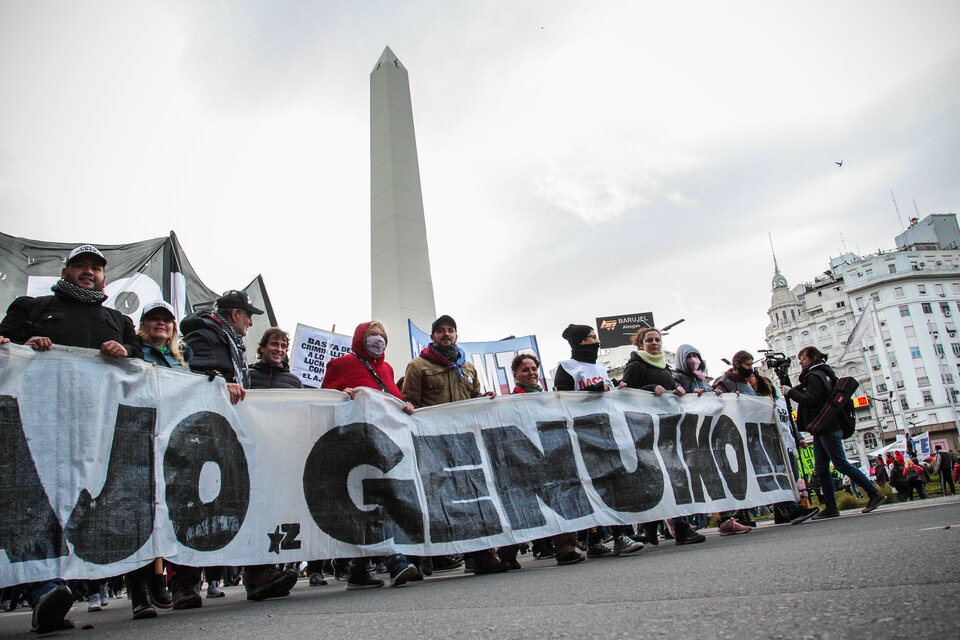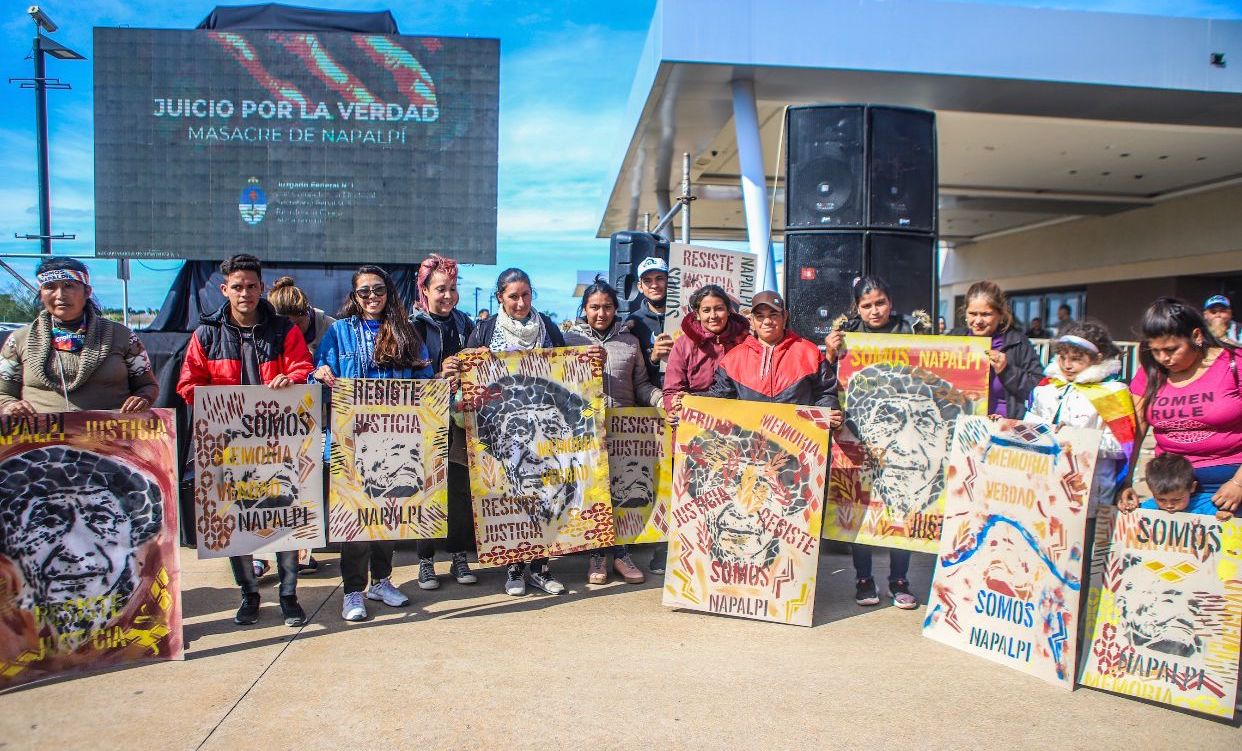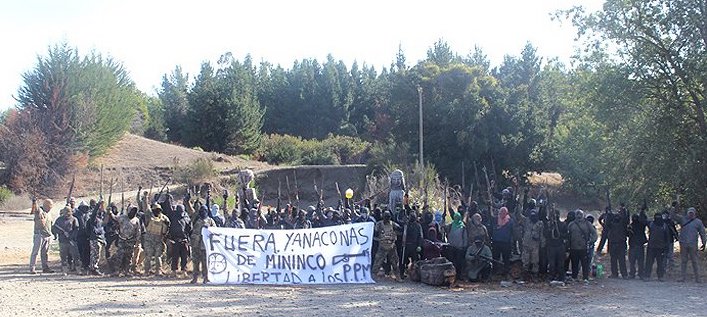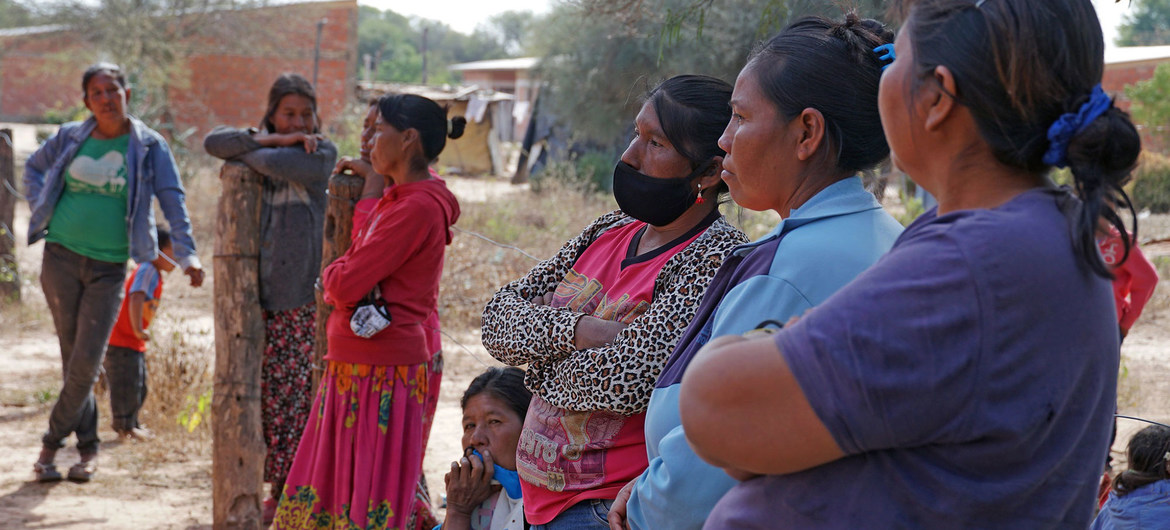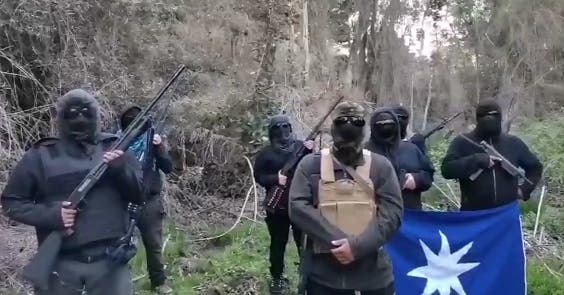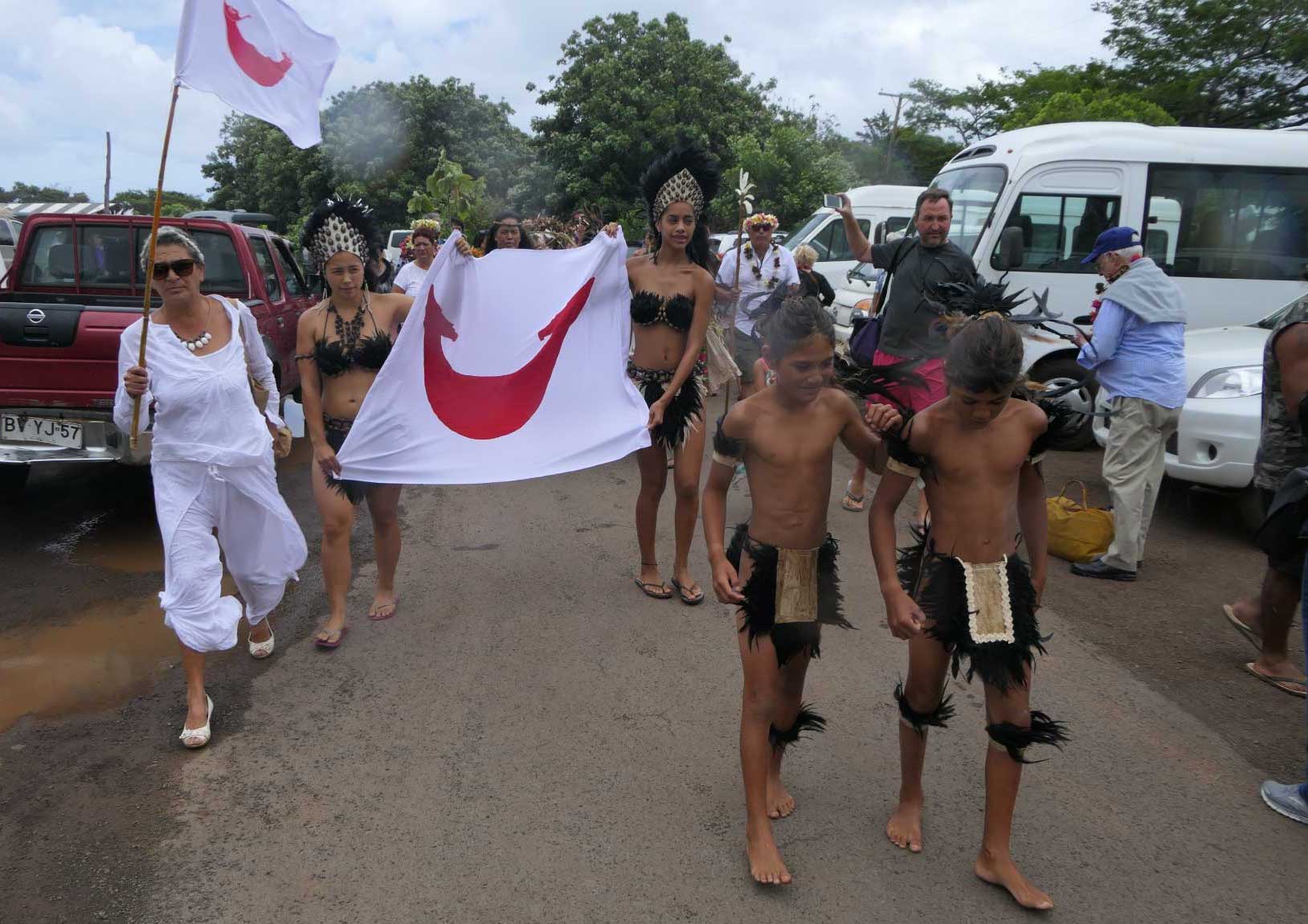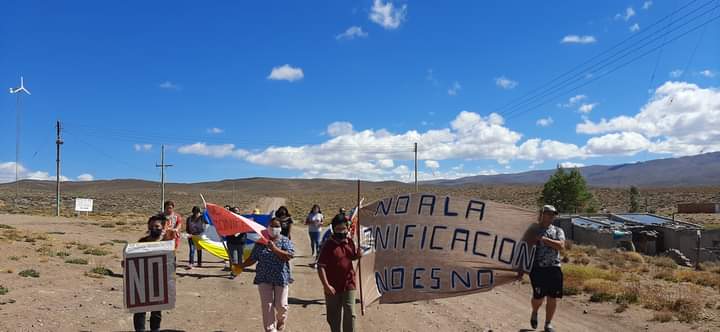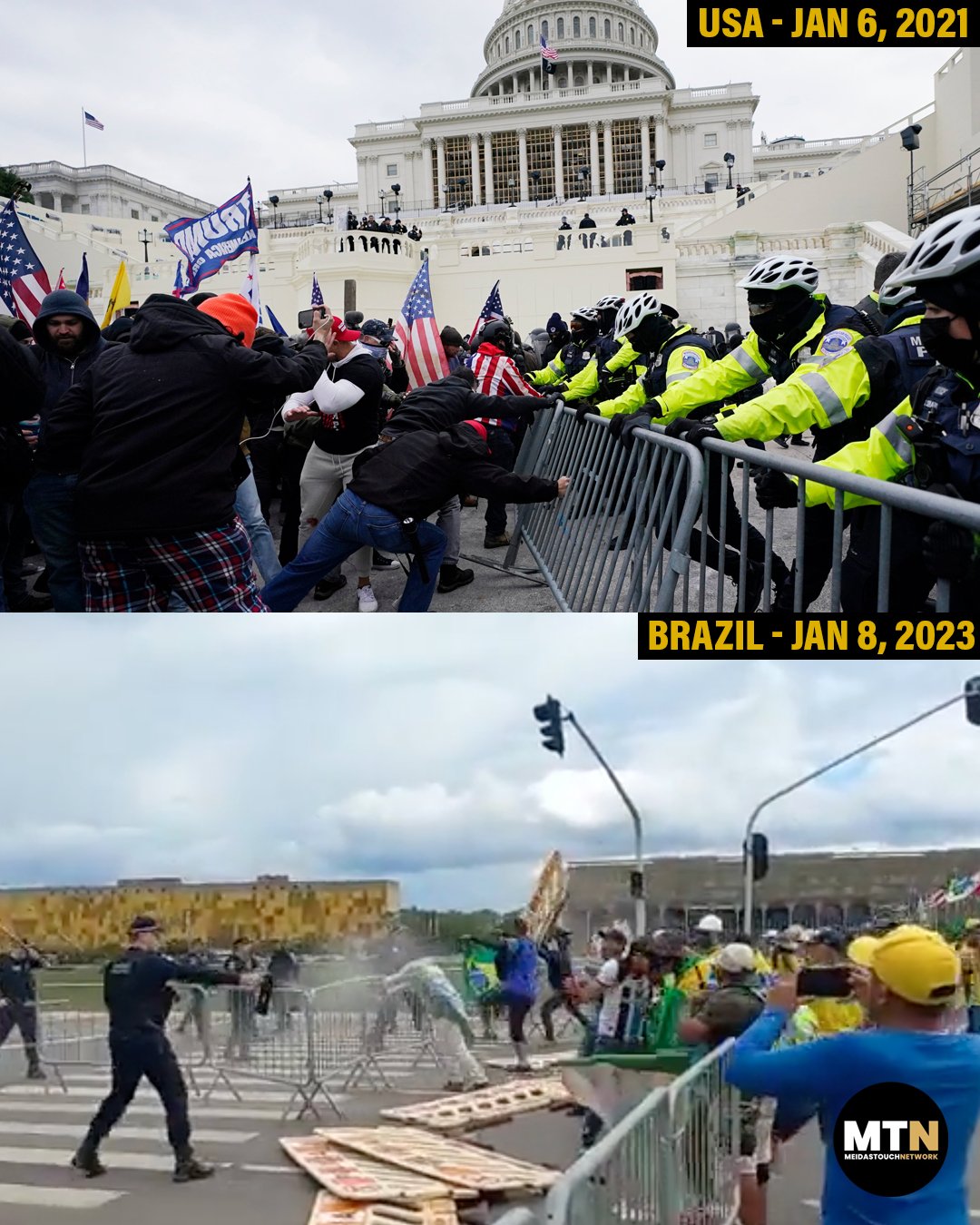
Bolsonaro supporters storm Brazilian congress
In scenes eerily reminiscent of the January 2020 attack on the US Capitol, crowds supporting former Brazilian president Jair Bolsonaro infiltrated and vandalized the country’s seats of power, one week after the inauguration of left-wing President Luiz Inácio “Lula” da Silva. Demonstrators smashed the windows of the the National Congress building and stormed its senate chamber. Protesters then breached the Supreme Federal Tribunal, entering the main courtroom clad in Brazillian flags. Many also forced their way into the Planalto Palace, the presidential building. Clashes between police and protesters have been reported, but one journalist tweeted a video of what appears to be a Federal District Military Police officer taking a selfie with demonstrators. Brazil’s Attorney General Office has asked judicial authorities to arrest former Bolsonaro justice minister and current head of Federal District security Anderson Torres. (Image: MeidasTouch)



